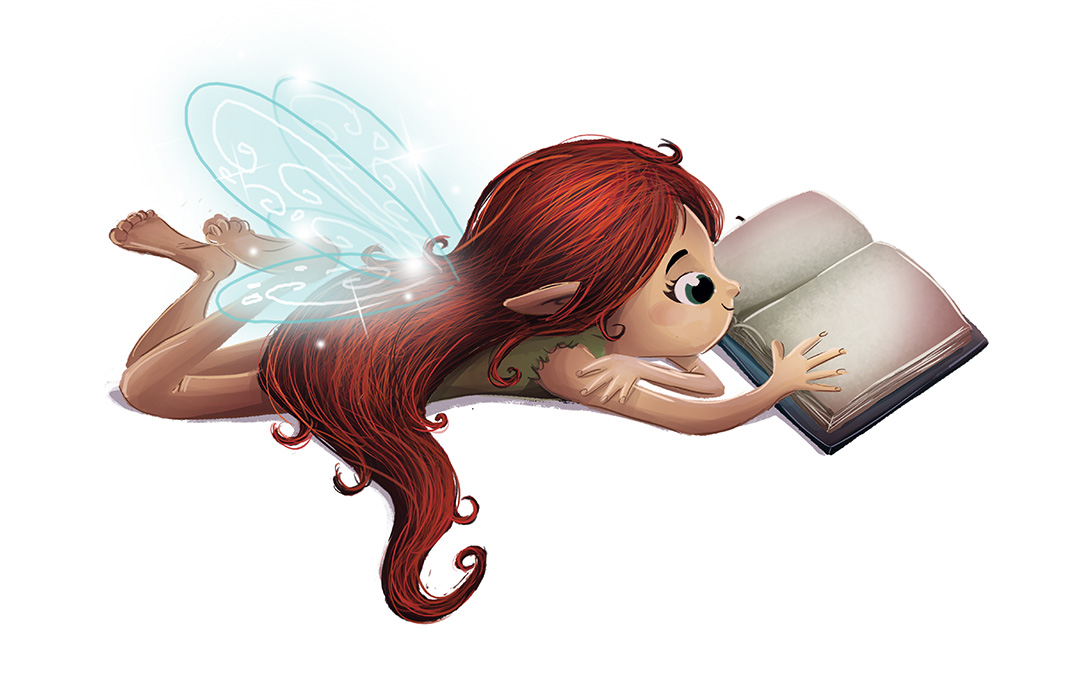At some point in your writing experience, someone will ask you, “What is the genre of your story?” Don’t panic, the answer isn’t as complicated as you might think.
Genre (pronounced (zhan-ra) is a French word that describes the category of a story. The two main categories are non-fiction, which includes biography, history, and instructional. The second category is fiction, which is any story that is made up by the author.
Today, we are going to take a quick look at just a few of the genres in fiction.
- 1.Realistic fiction definition: a made up story that could really happen.
Example: Diary of a Wimpy Kid by Jeff Kinney
The wimpy Kid website tells us this: The Diary of a Wimpy Kid follows Greg Heffley as he records the trials and triumphs of middle school.
- Mystery definition: character uses clues to solve a mystery or problem
Example: Theodore Boone series by John Grisham
The Random House website says: Theodore Boone is a thirteen-year-old aspiring lawyer who uses his legal knowledge and investigative skills to solve crimes and seek justice in court.
- Historical fiction definition: a made up story based in real historical
Example: The Bronze Bow by Elizabeth George Speare (one of my faves!)
Sonlight website says: This is the dramatic story of a young Jewish rebel who is won over by the gentle teachings of Jesus.
- Fantasy definition: a made up story that could not happen in real
Example: The Lion, the Witch, and the Wardrobe by C.S. Lewis
Description: Four kids travel through a wardrobe to the land of Narnia and learn of their destiny to free it with the guidance of the lion, Aslan.
- Science Fiction definition: involves real or imagined science as part of the
Example: Seventh Grade vs. the Galaxy by Josh Levy
Description: When extraterrestrials impound a spaceship full of students and teachers 400 light- years from Earth, it’s up to Jack and his buddies to get them all back.
It’s ok if you don’t know the genre of your story when you begin to write. Some genres will be easy to recognize. If you write about Jack, a super-genius who builds a rocket ship and accidentally launches himself into space, that’s science fiction. If you write about Jenny, who owns a mirror that can send her back in time, that’s fantasy.
But what if you write a story about Jenny AND Jack? Maybe Jenny and her mirror stow away on Jack’s rocket ship. Now you’ve combined science fiction and fantasy and that’s great, too. In fact, we have a name for that: genre-blending.
It’s good to have a general idea about your genre, but what happens when your characters decide to act, well, out of character? Trust me, it happens. Jess, the main character in my Justice Montana series, is pretty adventurous. She’s led me to places I never intended to go, but I was really happy when we arrived. Most of Jess’ stories are the mystery genre, but recently she went chasing after a dangerous cougar and we jumped right into an adventure. Plus, Jess and her sister, Sly, are dating two brothers, Cole and Nick McBride. That adds a slight element of romance to the story, too.
Do you have a favorite genre to read? That’s a good place to start to choose your genre. Writers are told to “write what you know”, and that is great advice. But what if you only read historical fiction and the story that’s burning inside of you is science fiction? Ask your teacher or librarian to recommend some good Sci-fi and start reading. You’ll feel better prepared when it’s time to write your own science fiction tale.
Don’t let the concept of genre stifle your creativity. Some writers know exactly what genre they are writing; others need to write several pages or chapters before they can recognize it. If you still aren’t sure, have someone else read your story. (Scary, I know!) Ask them what genre (or blend) they believe the story is.
Most of all, have fun! Fiction writing is the one place where you have all the power—or at least as much as your characters will give you. Run with it, and…
Keep writing!
Debbi

